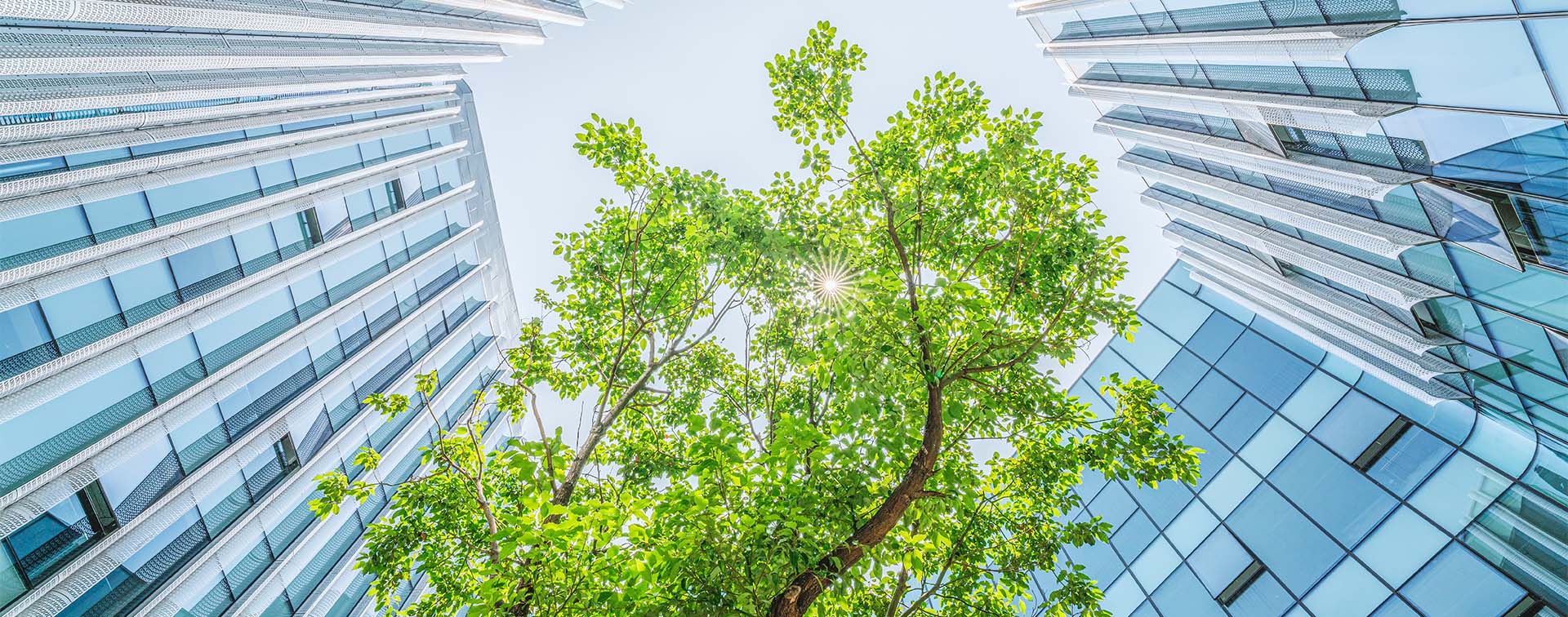
Dr. Juerg Steffen is CEO of Henley & Partners and author of definitive books on high-net-worth relocation to Austria and Switzerland.
There has been a steep rise in our need to migrate and gain greater global access and choice to secure a sustainable future in response to an increasingly unpredictable world. The escalating climate crisis is one of the biggest challenges of our time and impacts on almost every aspect of our lives, society and environment, while sustainable development aims to reduce the negative impacts of climate change. Besides phasing out fossil fuels, the other two core themes of the UNFCCC COP28 conference in Dubai, UAE, are ‘building climate-resilient societies’ and ‘investing in climate solutions.’ Investment migration programs are an effective mechanism to help address both of these complex challenges.
In early November, the European Union’s Copernicus Climate Change Service confirmed that the world had experienced the hottest October on record, and that 2023 was “virtually certain” to be the warmest year ever. The past 12 months have seen an unprecedented number of extreme weather events across the globe, commencing in January with temperatures plummeting to -28°C in Afghanistan, claiming the lives of 78 people and around 77,000 livestock. Cyclone Freddy hit southern Africa in February and March, displacing more than half a million people in countries including Malawi, Mozambique, and Madagascar.
Canada suffered its worst year in recorded history for wildfires, with more than 5,000 blazes burning through 32 million acres of land, and a historic heatwave hit parts of the USA, with temperatures topping 43°C in Phoenix, Arizona for 31 consecutive days. There was also extreme heat in Europe, causing wildfires that forced the evacuation of holidaymakers from Greek islands such as Rhodes and Corfu. Torrential rainfall caused two dams to collapse in Libya in September, leading to the deaths of more than 11,000 people, and in October, Hurricane Otis hit Mexico’s Pacific coast, turning from a tropical storm into a powerful in just 12 hours, which is extremely rare.

These are just a few examples of the concerning reports we find in our newsfeeds each day. No corner of the globe is spared from extreme weather events, and with average global temperatures on a clear upward trajectory, the situation will deteriorate. Furthermore, rising sea levels resulting from higher temperatures could threaten the existence of entire cities, regions, and even countries. That said, the effects of climate change will not be uniformly distributed across the world and there are likely to be climate winners and losers, both between countries and within them.
Global citizens and investors seeking to improve their resilience to the impacts of the climate crisis can do so through investment migration by exploring residence and citizenship by investment program options and making strategic, data-driven choices about where best to live, study, conduct business, invest, and retire — now and for future generations. High- and ultra-high-net-worth investors from both emerging and advanced economies are seeking out alternative business, career, educational, and lifestyle opportunities on a global scale, enhancing their options and transcending the limitations of their countries of origin to improve the resilience of their portfolios and ensure physical and financial longevity for themselves and their families.
Acquiring alternative residence and/or citizenship by participating in reputable investment migration programs enables greater flexibility and participation in the world’s leading economies, as well as optionality, which is now an indispensable part of any family’s insurance policy for the 21st century. The more jurisdictions a family can access, the more diversified its assets, the lower its exposure to country-specific, regional, and global volatility, and the more sustainable it will be over the long term.
In tandem with the rise in interest by private clients, more and more governments are seeing the benefits of investment migration as a mechanism to mitigate sustainability risks by financing development initiatives. Those faced with the need to bolster their capacity to deal with the effects of climate change and meet the needs of their populations are turning to investment migration programs as a source of much-needed foreign direct investment.
Several governments are already channelling program inflows into projects to boost their countries’ climate resilience and improve their sustainability credentials for the benefit of their citizens. Conscientious investors can choose investment migration options that enable them to invest in funds that support the host country’s sustainability initiatives. Program revenues have created the fiscal space for several island nations in the Caribbean to finance impactful projects of national interest that can make a marked difference in the lives of their citizens. For example, citizenship program inflows have allowed Grenada to strengthen its resilience against the natural disasters that are a feature of accelerating climate change, and which disproportionately impact emerging nations. To acquire citizenship, investors can contribute at least USD 150,000 to the country’s National Transformation Fund, which supports a range of industries including agriculture and alternative energy.
Alternatively, a non-refundable contribution of USD 100,000 to Antigua and Barbuda’s National Development Fund is one of the options to acquire citizenship of the dual-island nation, where program inflows are responsible for substantial investments in the construction sector that have helped to create a sustainable tourism and leisure industry. In addition, investment migration has been a major driver in the country’s transition to renewable energy. Thousands of solar panels have been successfully installed on government buildings and land throughout Antigua to produce electricity, in significant part paid for by the citizenship by investment program. The program was also essential in providing the necessary capital to support efforts to rebuild Barbuda after Hurricane Irma devastated the island in 2017, forcing the evacuation of the entire population.
What sets residence and citizenship by investment programs apart from debt-driven financing approaches is that they enhance the sovereign equity of the host nation. They do not require compromising or sacrificing one strategic objective in order to achieve another. Investment migration is a true win–win, long-term, sustainable solution for all stakeholders, whether they are investors or nation states and their citizens.